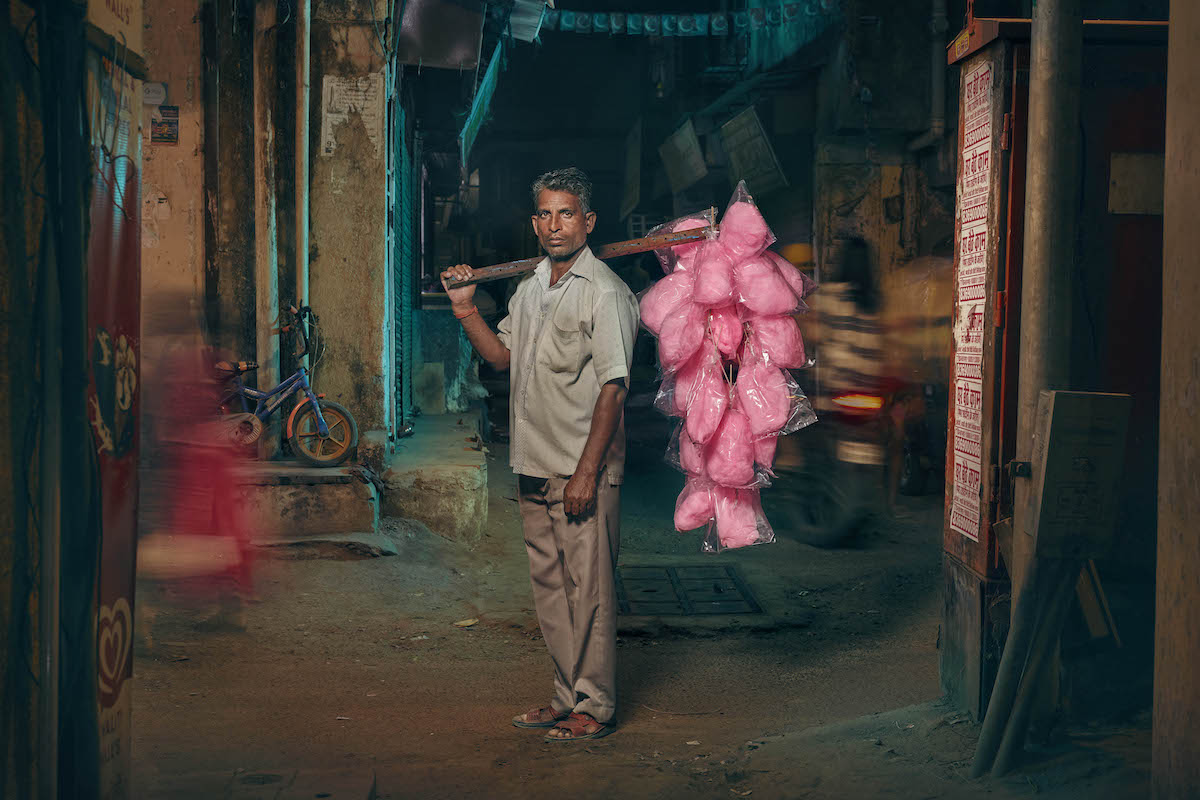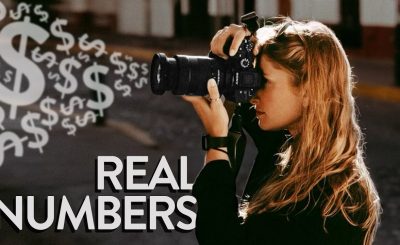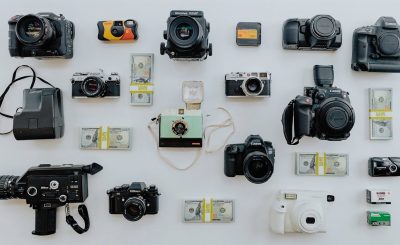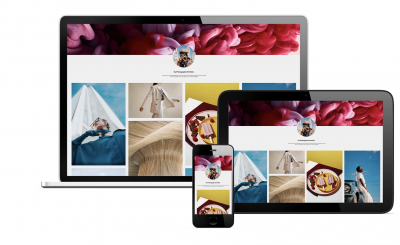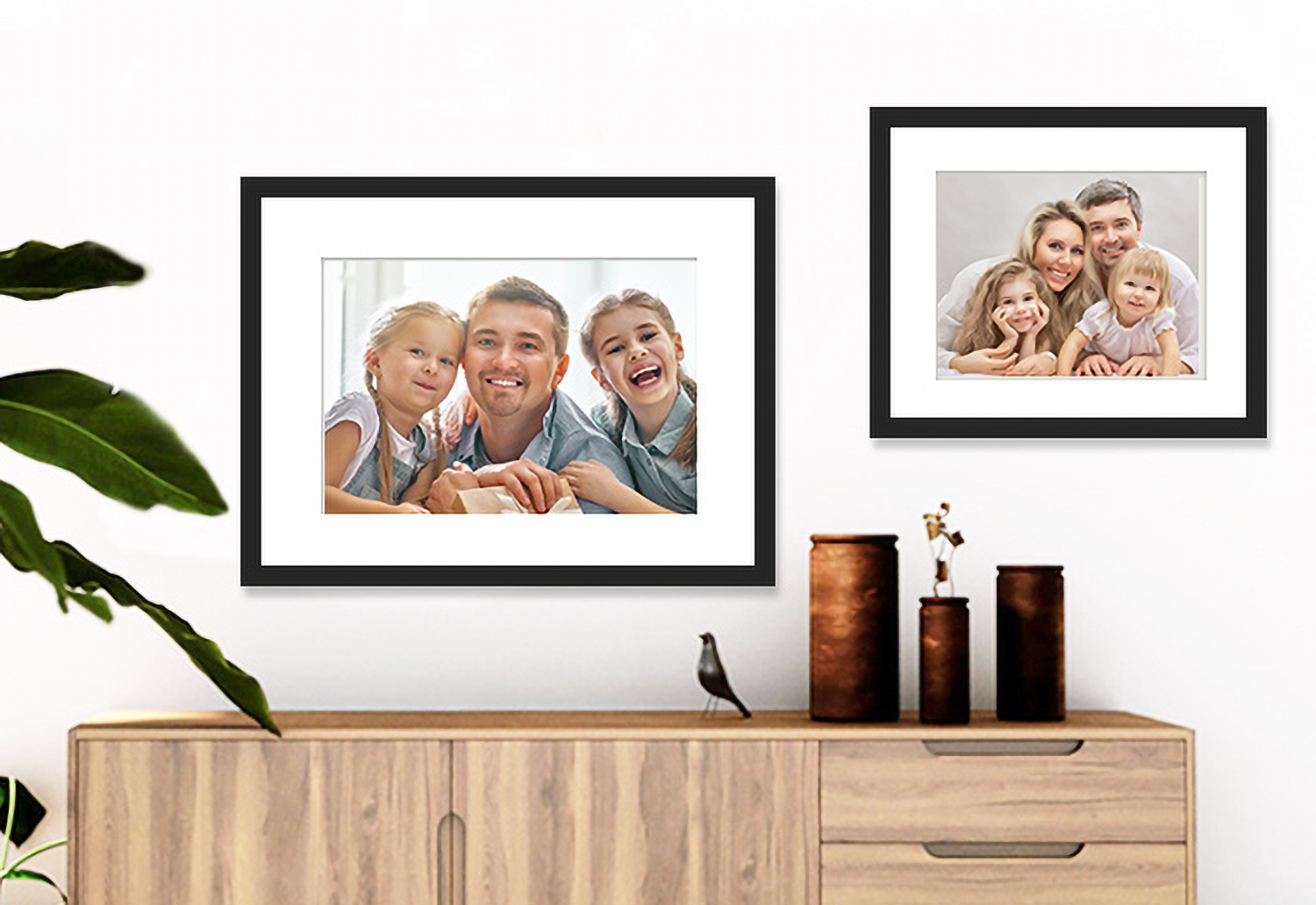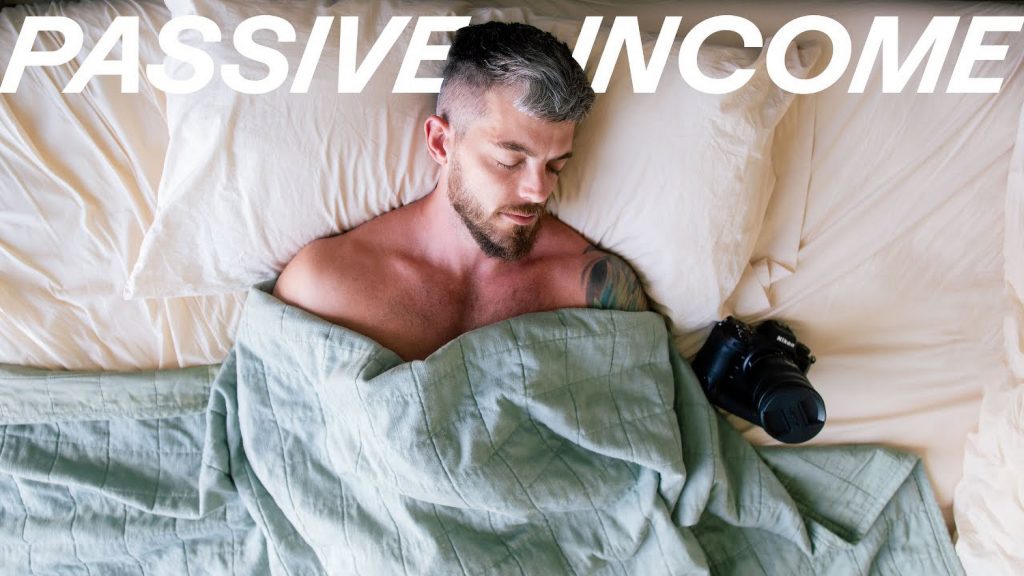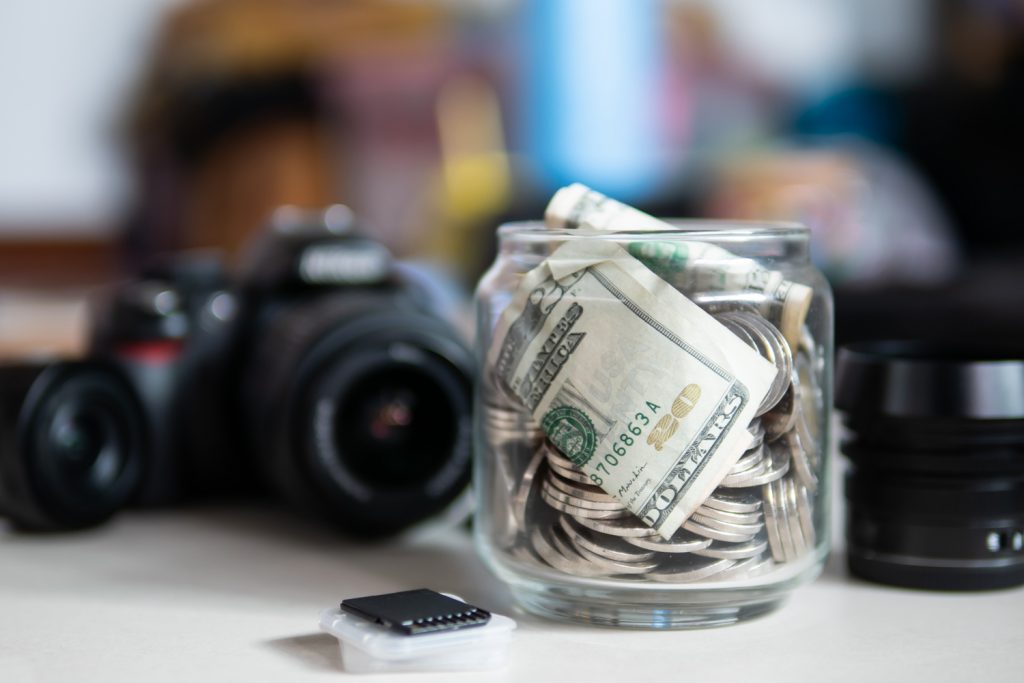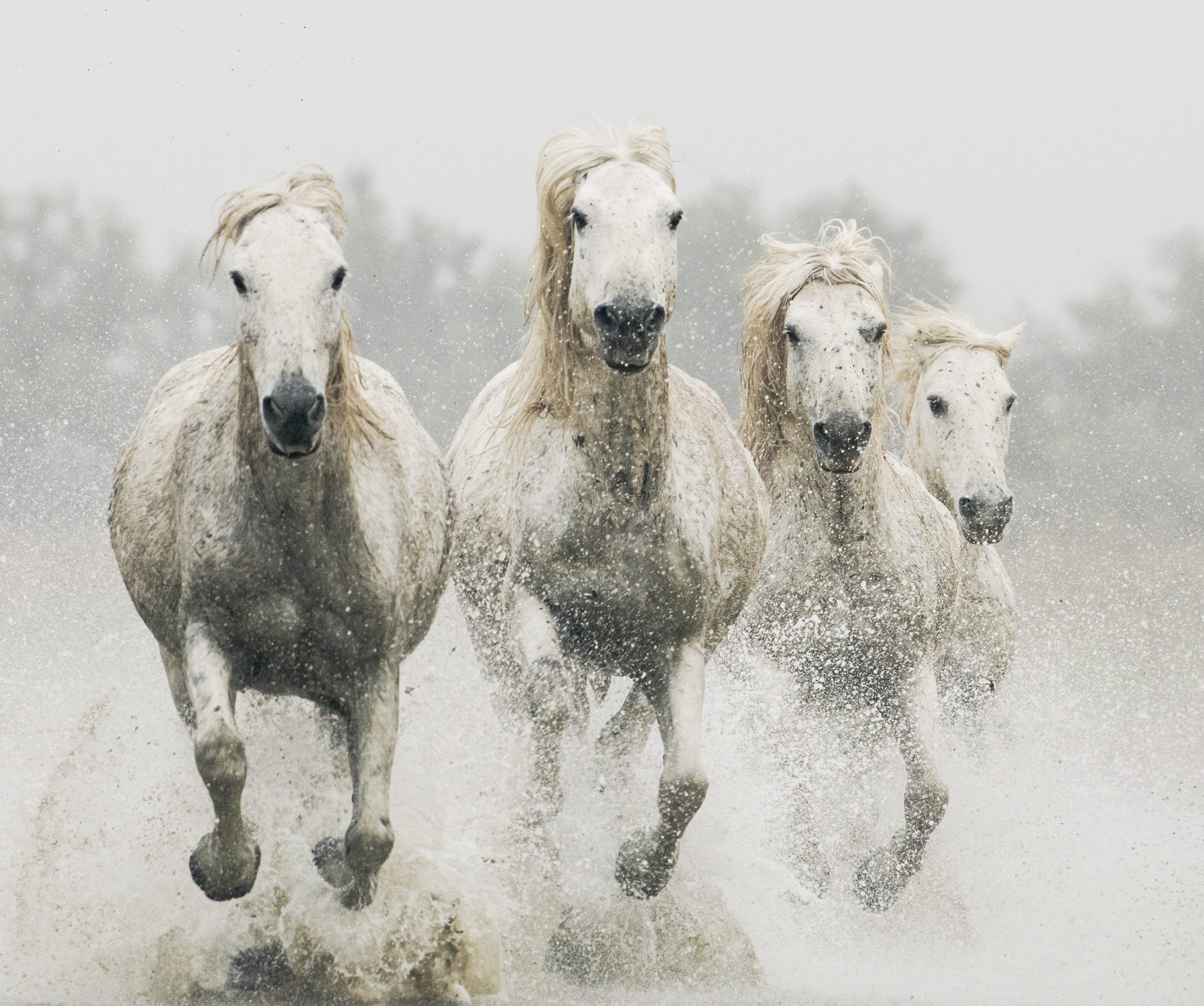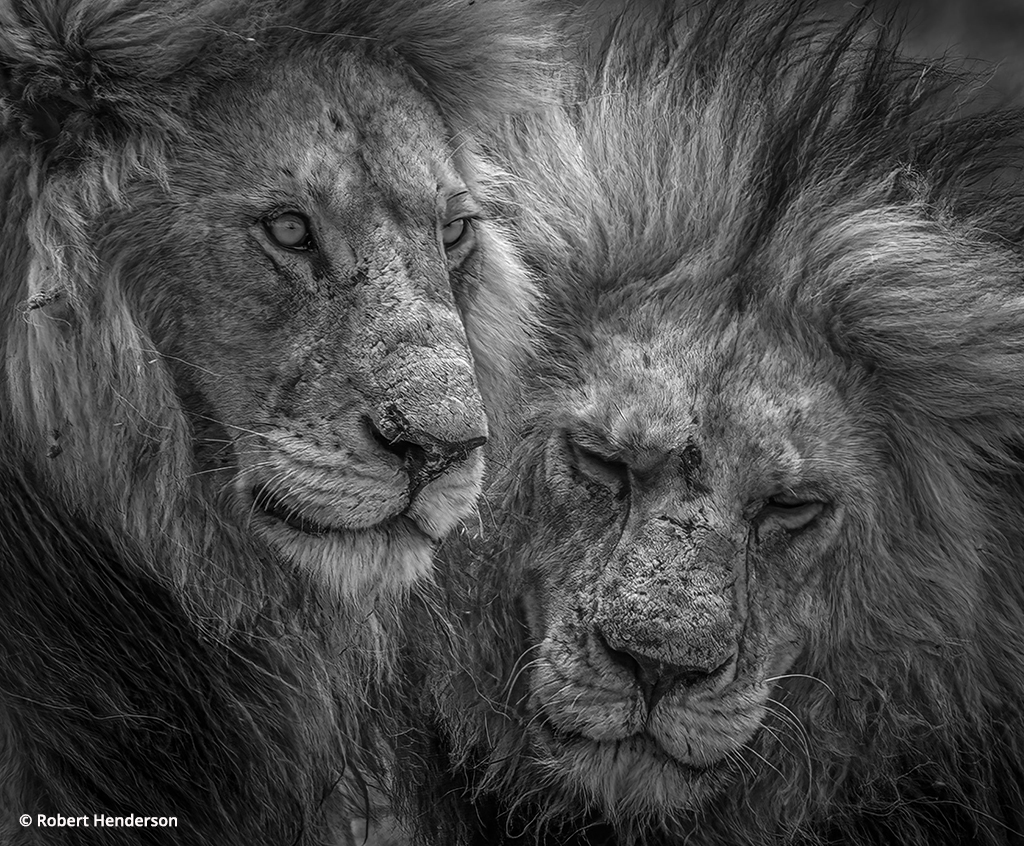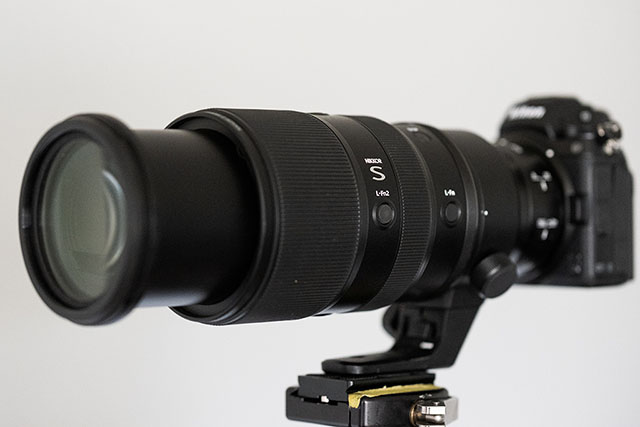It’s hard work to establish your reputation as a freelance photographer when you first start out and in some ways, it is harder now than it was 14 years ago. Budgets within marketing and media have been squeezed over the years, and the Covid pandemic knocked out the chance of meeting people face-to-face, which is only just starting to return.
There are a lot of people who would like to be a freelance photographer but that doesn’t mean they’re going to put in the graft to achieve that dream. If that’s your dream then it is absolutely achievable if you’re willing to learn, practice and graft more than other people.
Tip #1: Knock on doors
I have always been a do-er, so I just put myself out there. When I started as a freelance photographer, it was easy to drop into studios or agencies with my portfolio to show them. Now, it’s not so easy to simply drop in or arrange a coffee with someone. People just seem less willing than they once were largely compounded by the fragmented way people now work.
That said, it’s now far easier to connect with someone online or to find the relevant people to connect with using social media or search engines. Use LinkedIn, Instagram and Twitter to your advantage to connect with the right people, and make sure you send links to your online portfolio.
The key tip here is to put yourself out there, locate the right people and don’t take knock backs personally.
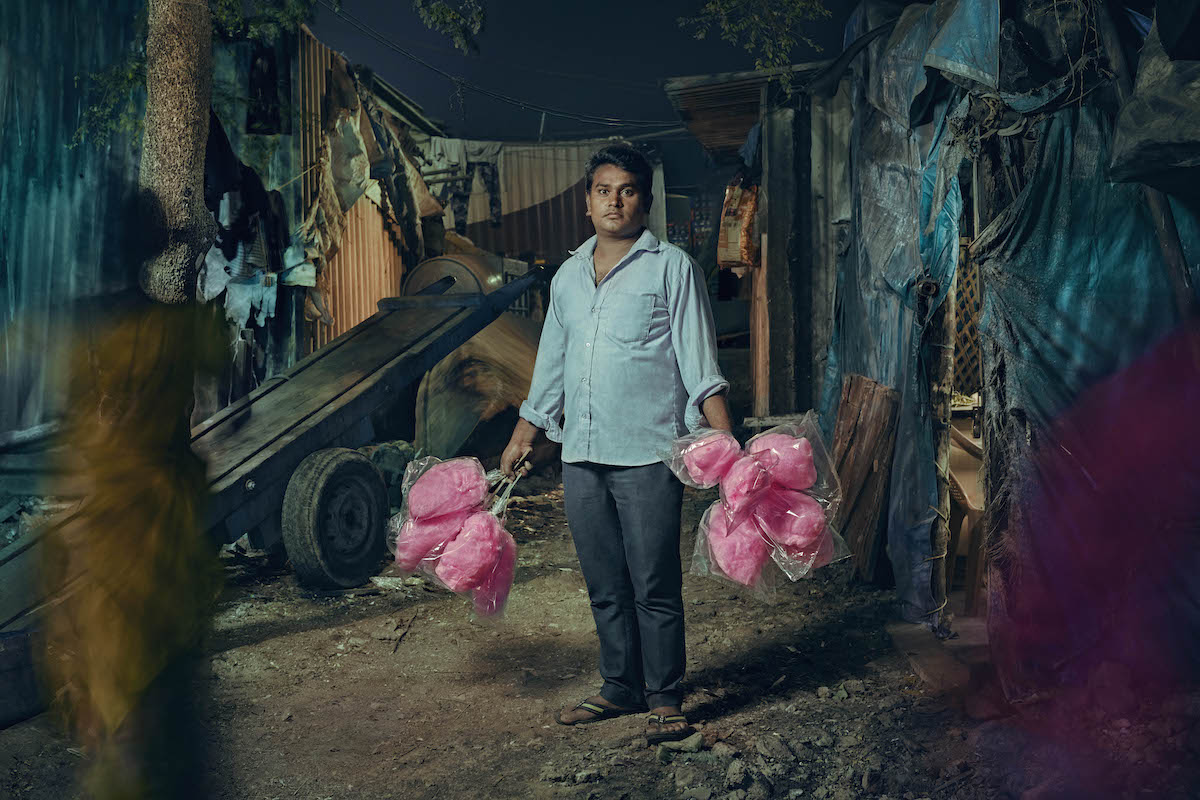
Tip #2: Take charge of your own career
Early in my career, I worked for the Times newspaper in London, which involved covering the news stories of that day, which was an incredible job but I already knew I wanted my career to go in a different direction.
I always elbowed my way to the front of the queue for portrait assignments whenever I had the opportunity, so that I could practice and refine my approach. I made sure I learned about lighting, getting the best out of people and using a studio. If another photographer was around, I always learned as much from them as I could too.
By putting in the time into developing a distinct portrait style, it gave me the opportunity to build up a portfolio which I could then take out to magazines and agencies.
I see this process as ongoing—I will forever be improving and refining my work, my approach and my style.

Tip #3: Grab every opportunity that comes your way
Following on from the last point, I always tell people how important it is to grab every opportunity that you can. Other people may think you seem to get lucky breaks, but the truth is, if you put yourself out there and do more than other people, then you will find that hard work is rewarded.
When I was at university, I had a friend who decided to do a project on football fans where we lived in Sheffield (in the North of England) on a cold Saturday. When I got to the football ground that morning, she texted me saying she couldn’t make it. I decided to stay and do the project anyway.
It turned out that day we had the worst football rioting that had been seen in over a decade.
So, while official photographers were inside waiting for kick off, I was outside with a completely unique viewpoint of fans rioting.
I ended up with a whole set of pictures of what became quite a big news story, which I then sold to TV stations and newspapers. I was lucky, but at the same time, I made the decision to still go there and take the images, whatever the outcome. Getting those pictures landed me my first staff job.
During the COVID-19 lockdowns in the UK, like the majority of photographers, all of my work bookings were simply cancelled overnight. I used that free time to create some self-funded film shorts, which was part of my professional development. I had already been providing moving images for clients because they want a variety of media to use for campaigns, on their website and social media.
So by planning and directing my own short films, I knew that I could really elevate my skills to the next level. While this wasn’t planned, I knew that I wanted to use this time for something worthwhile and I didn’t want to regret wasting it.
Generally I find that when you get stuck into opportunities when they are presented to you, there are no regrets. Not every day turns out to be a unique opportunity, but you’ll never know unless you give it a shot.
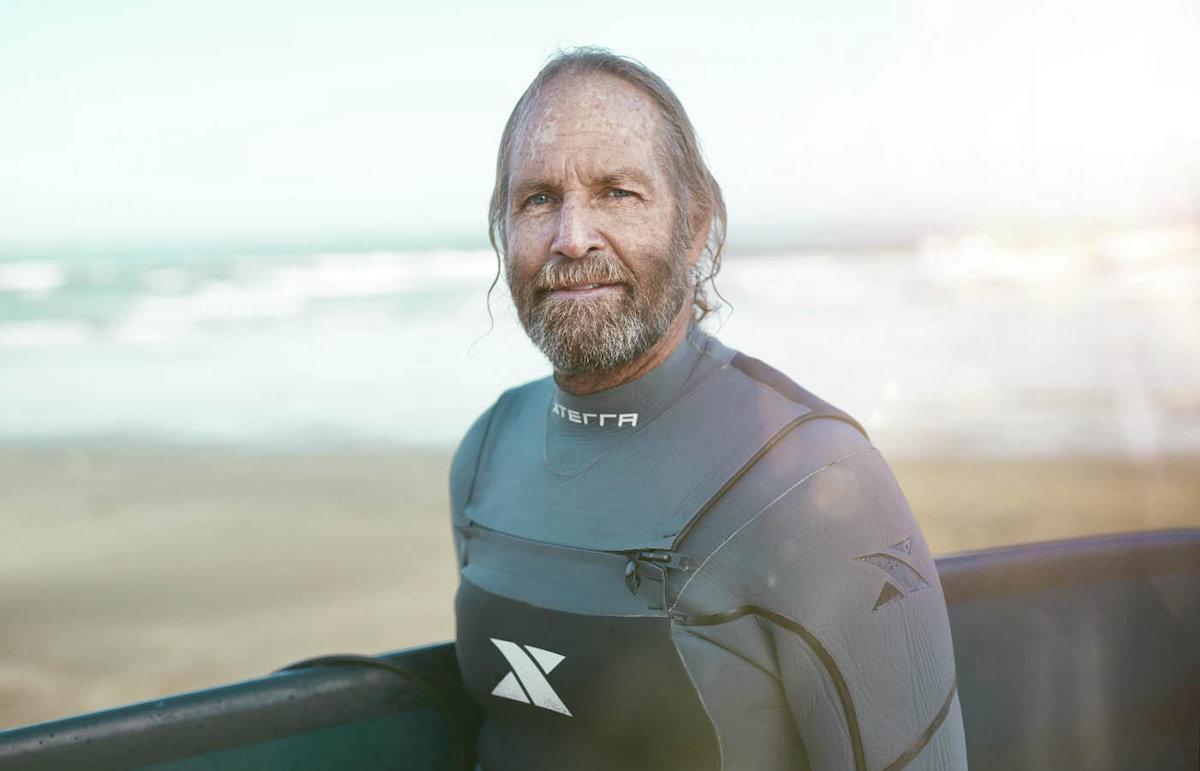
Tip #4: Develop your own style
Early in your career it can be quite difficult to narrow down one style when you want to try everything. However, when pitching your work, it is really beneficial to have already developed a distinct style of work. It’s worth taking the time to make sure you develop your own style. When it comes to your work and your portfolio, it’s as much about what you don’t show as what you do.
On top of this, I always create my own personal projects, which is another great way to continue developing my own style. I can take inspiration from absolutely anywhere, from people and places, sometimes it’s just an idea when I walk past someone doing something unusual.
I did one photo project of musicians practicing outdoors, which were such visually interesting compositions to shoot. I had seen people practicing in London parks with tubas or other large instruments before and I just kept thinking about it.
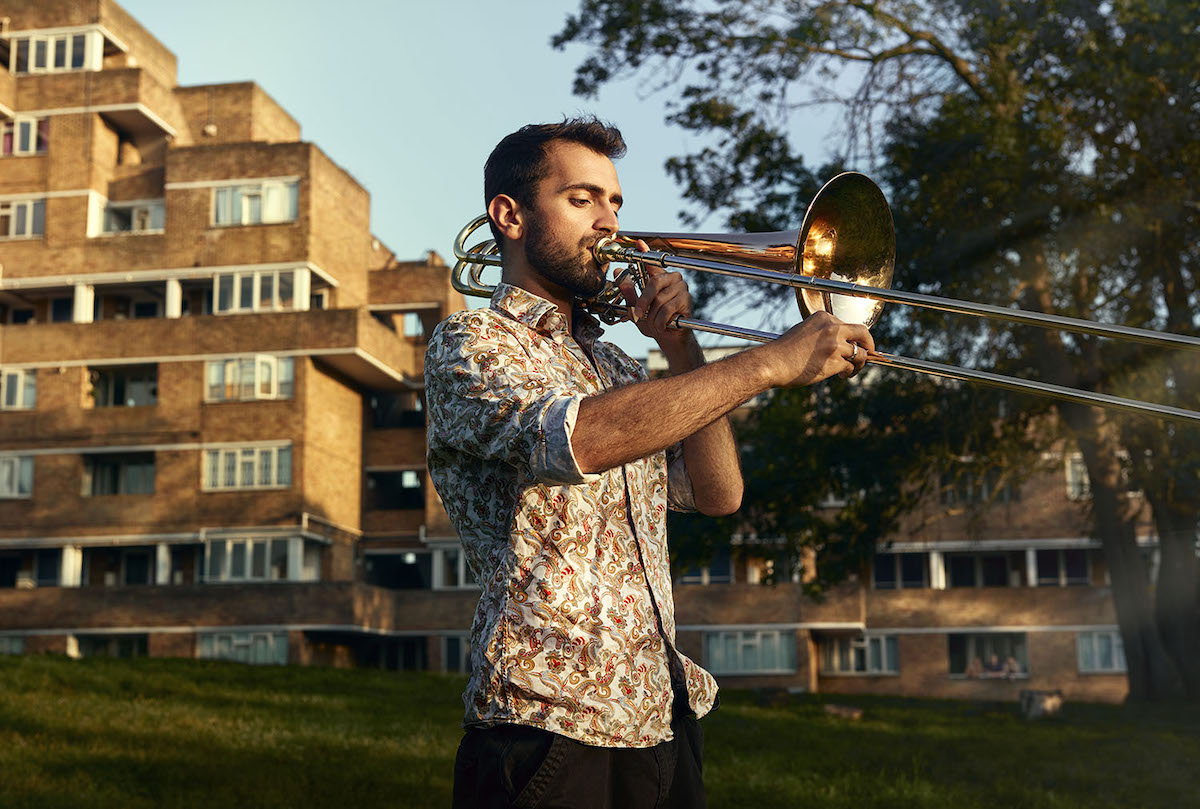
Tip #5: Be a marketer
Marketing doesn’t come easy to everyone, but no one is born with those skills. There are so many resources online to learn how to market your own services. I know that keeping my online profile up to date is incredibly important, from adding new blog posts about new projects and award wins through to updating my LinkedIn profile.
On top of this, my newsletter is really important to keep in touch with prospective and existing clients and ensure I’m on their mind when they’re looking to fill briefs. I’ve been adding people to my mailing list for many years now, and I create regular newsletters to highlight my new projects and work that I’ve done.
This can be time intensive, but the rewards are too great for me to not be bothered to write a newsletter. It’s really important to set aside time to do your own marketing on a regular basis, even if you’re busy with work. It’s when you are busy, you need to do it most, so you avoid any dips in work.
Being a freelance photographer is an extremely rewarding career, which gives the opportunity for both creativity and business skills. It’s hard work to establish yourself within your field, but is well worth the effort. Marketing yourself and developing your skills has to be an ongoing pursuit, but overall offers you the opportunity to fulfill new creative briefs, meet new people and travel to some pretty amazing places.
Jon Enoch is a London-based freelance lifestyle and advertising photographer and has been self-employed for 14 years. He is self-taught and has worked his way up from working as a news photographer on regional newspapers to working with sports personalities, celebrities, CEOs and large budget advertising and lifestyle shoots.
